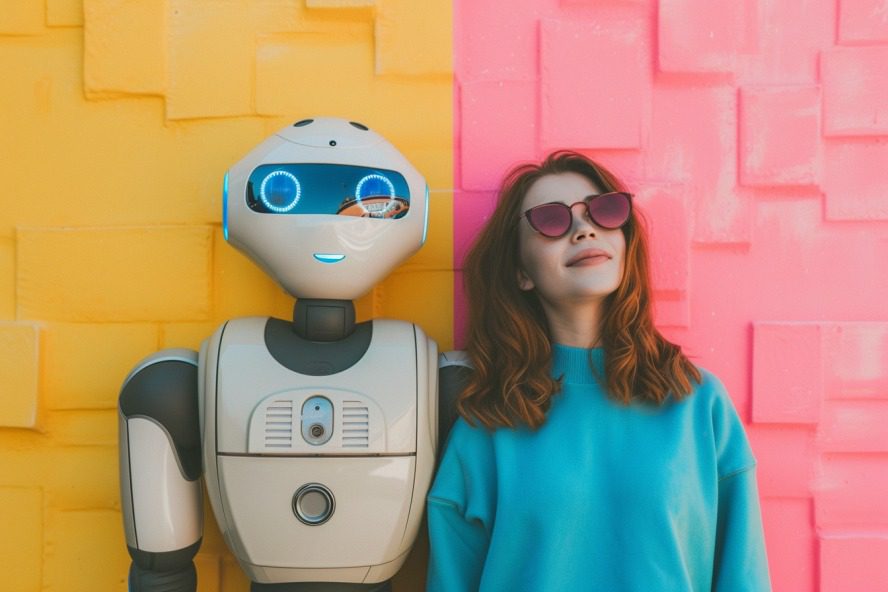Welcome to the revolutionary era of Hybrid Intelligence, where human ingenuity and artificial intelligence come together to form a “dream team” that is unprecedented in history. Take it as a re-edition of the encounter between man and horse, but multiplied millions of times. This innovative field, located at the intersection of human capabilities and technological advancements, will radically redefine our lives. It will enhance human skills, influence the fabric of the workforce, and open new paths to a future where collaboration between humans and technology is paramount. But what am I saying: decisive. Where are we at?
In the meantime, let's define the boundaries of hybrid intelligence a little
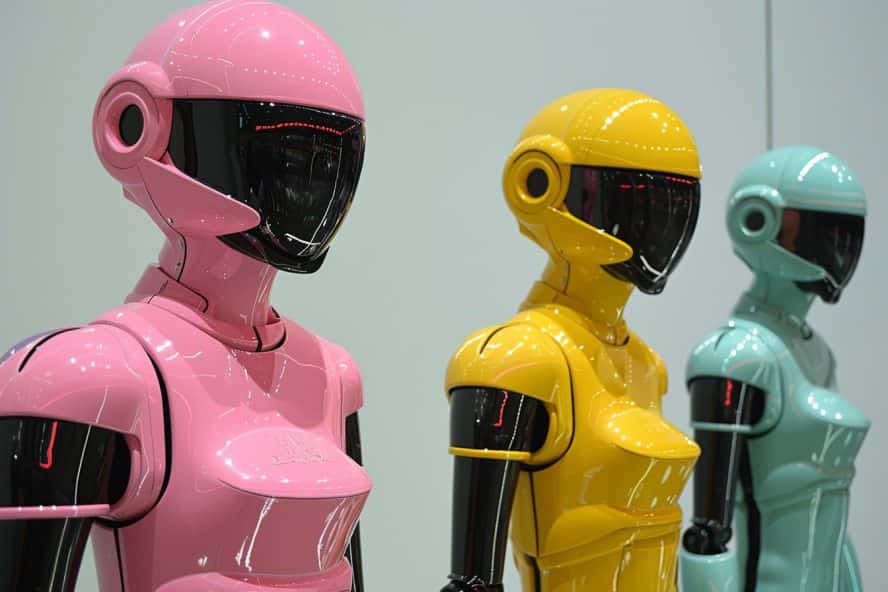
Hybrid intelligence is not limited to simple AI assistance to humans; it is a deeper integration of two types of dynamics (I would say of "intelligence", but purists will not recognize the term applied to machines). Two "processes" that complement each other, exploiting the strengths and weaknesses respectively. AI excels at processing massive amounts of data and pattern recognition, but lacks emotional intelligence, creativity, and moral reasoningqualities that are intrinsic to human beings.
Hybrid systems are designed to capitalize on these distinct strengths, leading to results that neither (no need to be philosophical, that's how it is) could achieve alone. What can hybrid intelligence systems bring us in the near future? Let's see'.
Enhancement of human capabilities
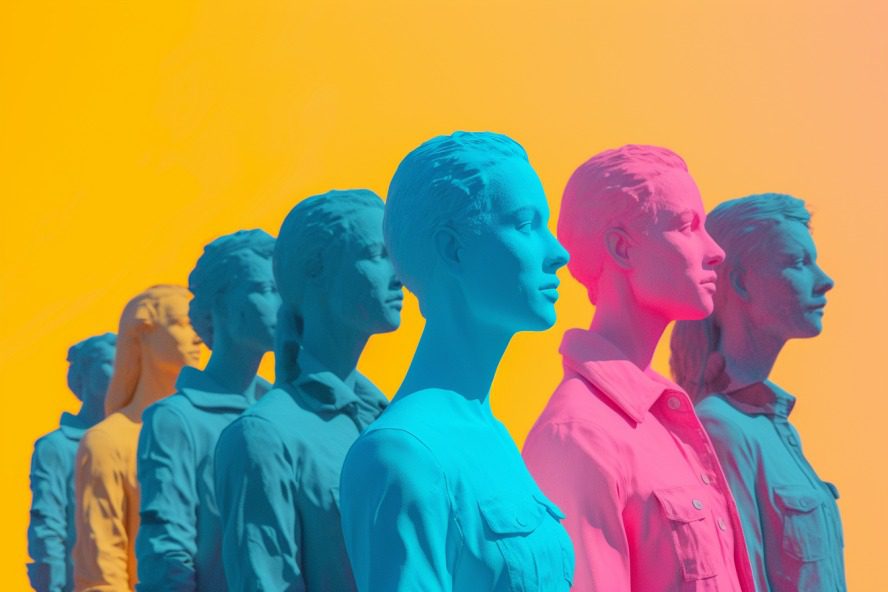
In the healthcare sector, hybrid intelligence is already improving diagnostic accuracy and treatment efficiency. Watson Health by IBM assists doctors in diagnosis and in developing treatment plans for cancer patients. By analyzing medical literature and patient data, Watson provides recommendations based on the latest research, which doctors then evaluate and contextualize based on their professional judgment and interaction with the patient.
In the financial sector, hybrid systems are used for more nuanced and sophisticated risk assessments. The platform COiN uses machine learning to interpret commercial loan agreements, a task that previously it consumed 360.000 hours of work per year. This AI tool provides rapid preliminary analysis, which financial experts review and finalize, ensuring accuracy and compliance with complex regulations.
In my sector, the creative one, AI is not replacing but enhancing human ingenuity. I could give a thousand examples, I'll mention the last one finished before my eyes. AIVA (Artificial Intelligence Virtual Artist), an AI composer, creates musical pieces used in films and video games. These compositions are often further refined and enriched by human composers, creating a harmonious mix of AI-generated ideas and human creativity.
The topic of “customer service” deserves a separate mention.
Hybrid intelligence will radically transform it, exploding the conversational commerce like never before. AI-powered chatbots will handle routine queries, while more complex matters will be delegated to human representatives. This combination already ensures a lot of efficiency and keeps the human touch where it is needed most. And it will be the winning weapon for all future activities.
The contribution of hybrid intelligence, however, will certainly not stop at our professional activities. It will enter lightly (who knows if gracefully) into our homes and our lives, and will also take place in the objects we use. A sort of "electronic animism" that will produce effects that are not perfectly imaginable today.
Hybrid intelligence in everyday life

If they ask me for an example of how hybrid intelligence will increasingly take part in everyday life, I respond immediately by asking my interlocutor if he knows the term "home automation". In case he answers me “no”, I tell him that nothing has been lost, until today. If he says “yes” to me, I simply suggest he forget this word, because it won't help him. At least in 30 years, I mean. In smart home technologies, AI assistants like Amazon Alexa or Google Home will be the equivalent of old transistor radios in our memories. The new “genius loci” will become invisible in the long run. The entire house will speak to us, and will speak to each of its guests, knowing their differences and characteristics perfectly, creating personalized and efficient living "relationships". It will learn from human preferences and routines, adjusting lighting, temperature or suggesting recipes based on available ingredients.
Then, there are advances in education. Here, AI tools provide personalized learning experiences based on student performance data. These insights are then used by educators to adapt their teaching methods to each student's individual needs, resulting in a more effective and engaging learning process. To learn more about the topic there is a dedicated article, you can find it here.
The impact on the human workforce
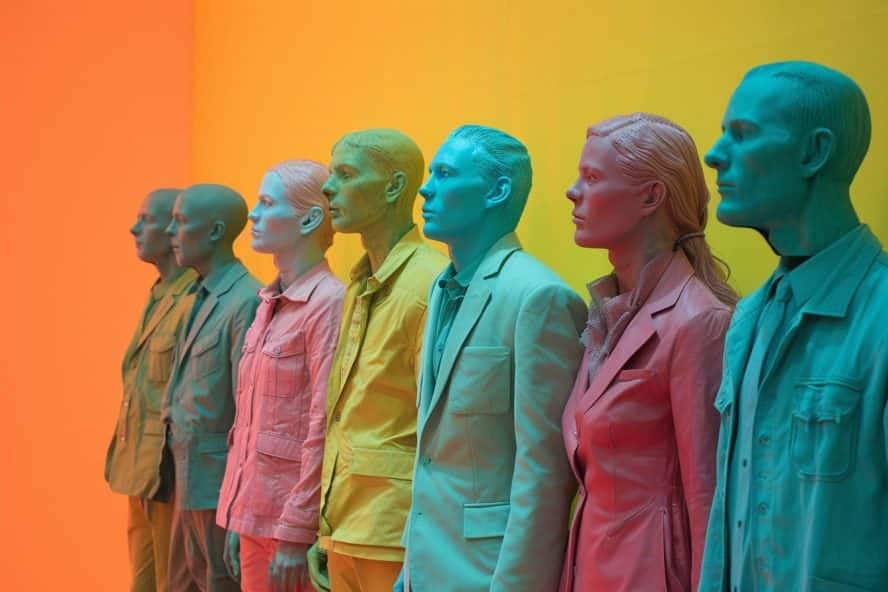
The rise of hybrid intelligence, as I said, is redefining the job market. These are not necessarily machines replacing humans, but evolving roles. Jobs will increasingly be redesigned to focus more on tasks that require human empathy, creativity, and moral judgment. For example, in manufacturing, AI-driven robots will handle repetitive tasks, while human workers focus on quality control, customer satisfaction ratings, and problem-solving tasks.
This change will eventually improve the job satisfaction of those who are employed, reducing monotonous tasks. Obviously I'm not here to play the violin: this transition will bring with it challenges and painful, or rather: very painful, transitions. There is a growing need for reskilling and upskilling, as employees will need to adapt to a workplace where collaboration with AI is the norm. I'll rephrase: adapt or leave the scene (perhaps in favor of jobs that are even more centered on the person and the human factor). Educational organizations and institutions will have to play a crucial role in preparing the workforce for this new era.
We are ready?
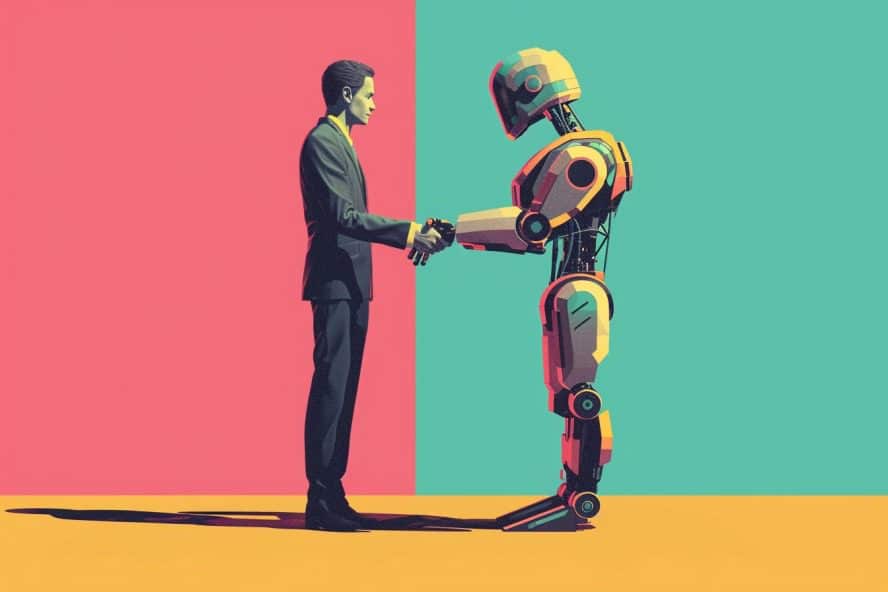
The discussion on hybrid intelligence will change almost every day: for this reason new questions will continually be on the table. From ethical ones, in particular regarding data privacy, to the new responsibilities of decision-making authorities. As we integrate AI more deeply into our lives and work, it becomes critical to establish clear guidelines and standards that increasingly respect the human part of this hybrid “team.” Between us, someday there may even be a need for regulations that protect the artificial part.
Overall, hybrid intelligence represents a new frontier where human and machine intelligence merge to enhance capabilities and create previously unimaginable opportunities. If we do not want to clash with this synergy, we must prepare to embrace it plastically: the objective should be to exploit the strengths of both types of "intelligence". Tackling complex challenges and driving innovation, whilst being mindful of the ethical implications and ensuring the workforce is equipped for this transformational change.
Because the future of hybrid intelligence is not just about technological advancement, but about the creation of a new paradigm of collaboration between humans and machines. We are adding a place at the table for a guest who can be very polite and very cumbersome: it is up to us to establish the rules of this etiquette.
